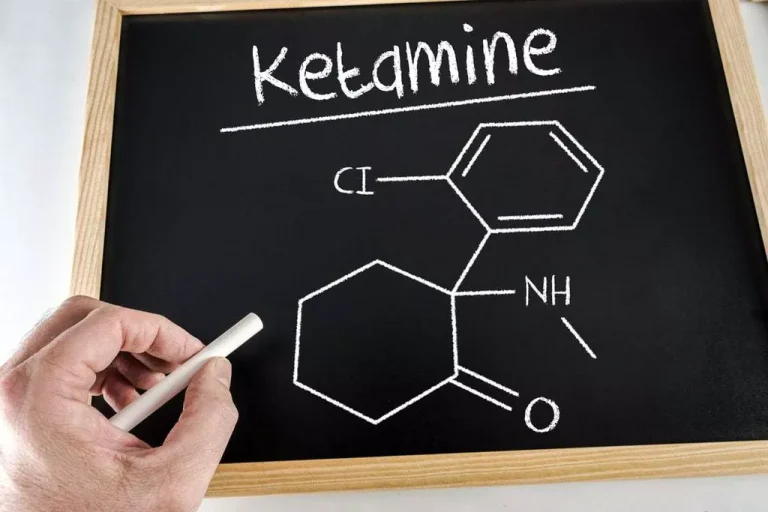
Anger is typically defined as a strong feeling of displeasure, hostility, or annoyance. The main limitation of the cross-sectional design of the included studies is that they did not allow for the determination of different anger profiles and the amount of PSU over time. All possible analyses were carried out between anger and depression, anger and type of psychoactive substances, anger and withdrawal time, anger in men and women, anger and age. Anger and depression were significantly correlated, but the number of studies was small. Someone who is frequently angry while drunk could have an underlying mental health condition, but it could also just be the consequence of long-term or unresolved anger.
Getting Help at Lighthouse Recovery Institute
An increase in anger after trauma and the use of alcohol to cope with PTSD symptoms were stronger predictors of physically aggressive or violent acts than a lifetime diagnosis of PTSD without anger. I’ve observed this pattern over several decades in helping clients deal with anger. Alcohol, like fatigue, diminished sleep, stress, and certain drugs, inhibits the activation of the prefrontal cortex, that part of our brain responsible for problem-solving, judgment, and overseeing and managing emotions.
Impact on your health
All treatment sessions included a breath test to ensure that participants had .000 BAC; if not, the session was rescheduled. Sessions began with reviews of cravings, high-risk situations, and any alcohol consumption between each session. There was a brief mention of AA attendance and coverage of drink refusal skills and relapse prevention. Based on the content of treatment protocols, anger regulation material comprised approximately 0.4% of the AAF condition and 64.2% of the AM condition.
If You Live with an Angry Drunk, What Can You Do?
It may feel like you’re confronting that anger once intoxicated, but because alcohol also impairs memory, you’re never fully able to process that anger. Neurotransmitters like serotonin play a large role in the limbic response. A healthy amount of serotonin means our reactions to perceived threats will likely be logical – like our tension when a car cuts us off on the freeway. alcoholism and anger When there isn’t enough serotonin, the limbic system begins to perceive threats where there may not be any. And because alcohol directly impacts serotonin levels, excess drinking means our limbic response isn’t reliable. This is one reason why people are quick to anger when they’re drinking – they are perceiving more threats than they would with no alcohol in their system.
Effects of Stress and Trauma on Brain Pathways and AUD Risk
- Even the people who care about them the most can be unable or unwilling to continue to tolerate the abuse.
- In some people, the initial reaction may feel like an increase in energy.
- Those close to him would talk about his personality under the influence — a character prominent enough to be seen as his alter-ego, “Timmy.” What was Timmy like?
It also raises the risk for negative consequences of outbursts related to explosive and uncontrolled anger. In addition to potential mental health disorders related to difficulties managing anger, there are several physical side effects of unchecked and chronic anger. This activates the stress response, which speeds up heart rate, respiration, and blood pressure, and increases body temperature. Stress also affects focus and attention abilities, and heightens energy while decreasing appetite and sleep functions.

Alcohol and Domestic Violence

In sum, these findings underscore that AA meeting attendance, behaviors, and steps worked are important therapeutic factors in AA facilitation treatment. Although the relationship between alcohol and behavioral aggression is complex (Cavell & Malcolm, 2007), meta-analyses consistently https://ecosoberhouse.com/ suggest that alcohol increases aggression (Bushman & Cooper, 1990; Hull & Bond, 1986; Ito, Miller, & Pollock, 1996). In stark comparison, probability of marital aggression among those low on alcohol dependence was not influenced by hostility (.01 probability).
- By acknowledging the potential for alcohol to exacerbate anger and aggression, individuals can make informed decisions about their drinking habits and develop proactive strategies for managing their emotions effectively, both in sober and intoxicated states.
- You can always count again if you don’t feel ready to move forward yet.
- You can do this by saying to yourself “I’m feeling angry right now” or “anger is present.” You can also notice how the anger is manifesting in your body.
- Instead, each participant randomly lost the game about half the time and was led to believe another person was delivering shocks to them during each loss.
- In addition to the tips above, there are several techniques that can help you address feelings of anger in the moment they arise.

Signs Of Alcohol Use Disorder

